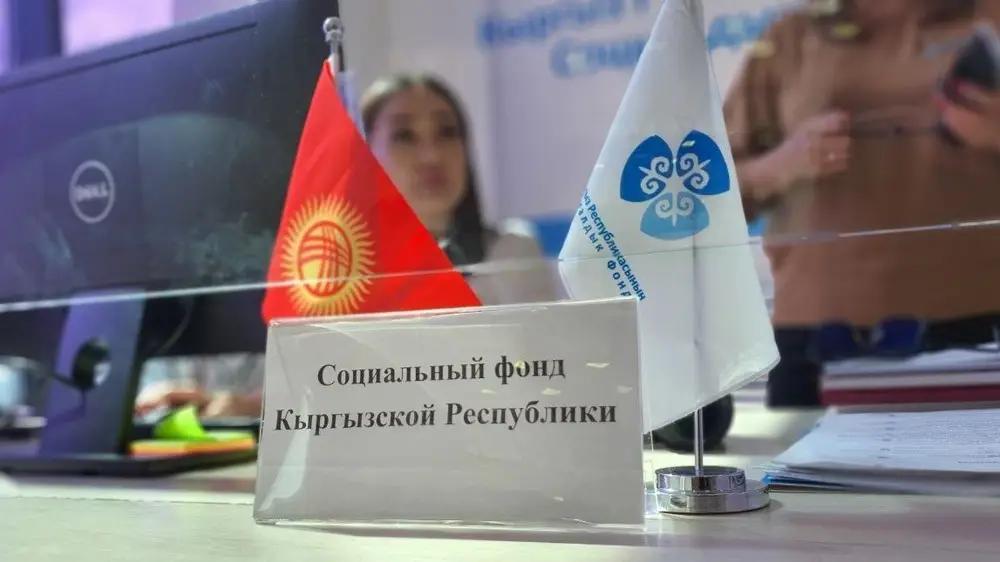
Published
09/24/2025, 08:17Kyrgyzstan is not only becoming part of the global discussion on the future of world trade, but is also demonstrating its ambition to influence what that future will look like. On 15 September in Geneva, at the 141st session of the Executive Committee of the United Nations Economic Commission for Europe, the country's representative on WTO issues, Nurbek Maksutov, spoke as Vice-Chair of the Bureau of the Centre for Trade Facilitation and Electronic Business (UN/CEFACT).
Maksutov presented the annual report of the organisation, which has been shaping digital trade rules around the world for more than four decades. Today, SEFACT's portfolio includes 49 recommendations and nearly a thousand technical standards, among which are such groundbreaking ideas as digital product passports and a system of ‘trade nodes’.
The main priorities for the next two years are the creation of digital transport corridors and increasing the transparency of global supply chains. Kyrgyzstan, which found itself at the centre of this discussion, is effectively involved in the process of defining new ‘rules of the game’ for the international economy.
In his speech, Maksutov noted that SEFACT actively assists landlocked countries and develops standards for a sustainable textile industry and circular economy. Over the course of the year, the organisation held more than 50 international conferences and provided support to 17 countries.
The outcome of the meeting was also significant, with UNECE countries extending the mandate of the working group on traceability of value chains in the circular economy until 2028.



